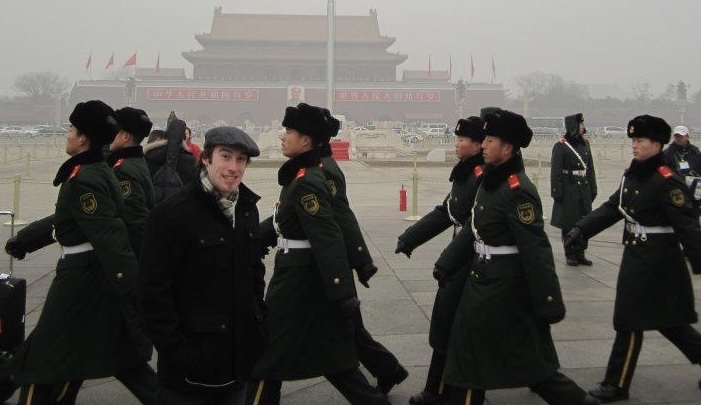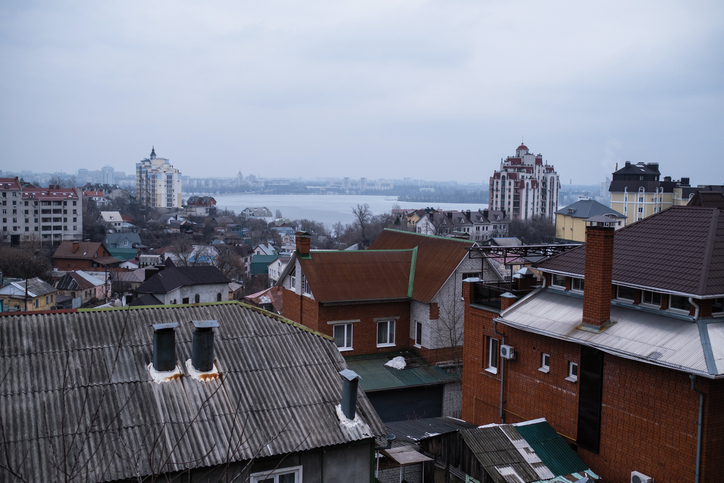
Tag "inequality"


.jpg)

Martin Carnoy, Academic Supervisor of HSE International Laboratory for Education Policy Analysis, will be presenting his report entitled 'Studying inequality in education: big data and small data approaches ' at the XVIII April International Academic Conference this week.
Natalia Milovantseva, Associate Professor at the School of World Economy, presented the report ‘Global Inequalities in Human Capital Formation: Provision of Pre-Primary Education Based on Data for 163 Countries’ at the international conference ‘Inequalities: Addressing the Growing Challenge for Policymakers Worldwide,’ held at the London School of Economics. The event was organized by the Association for Public Policy Analysis and Management.
1
2
